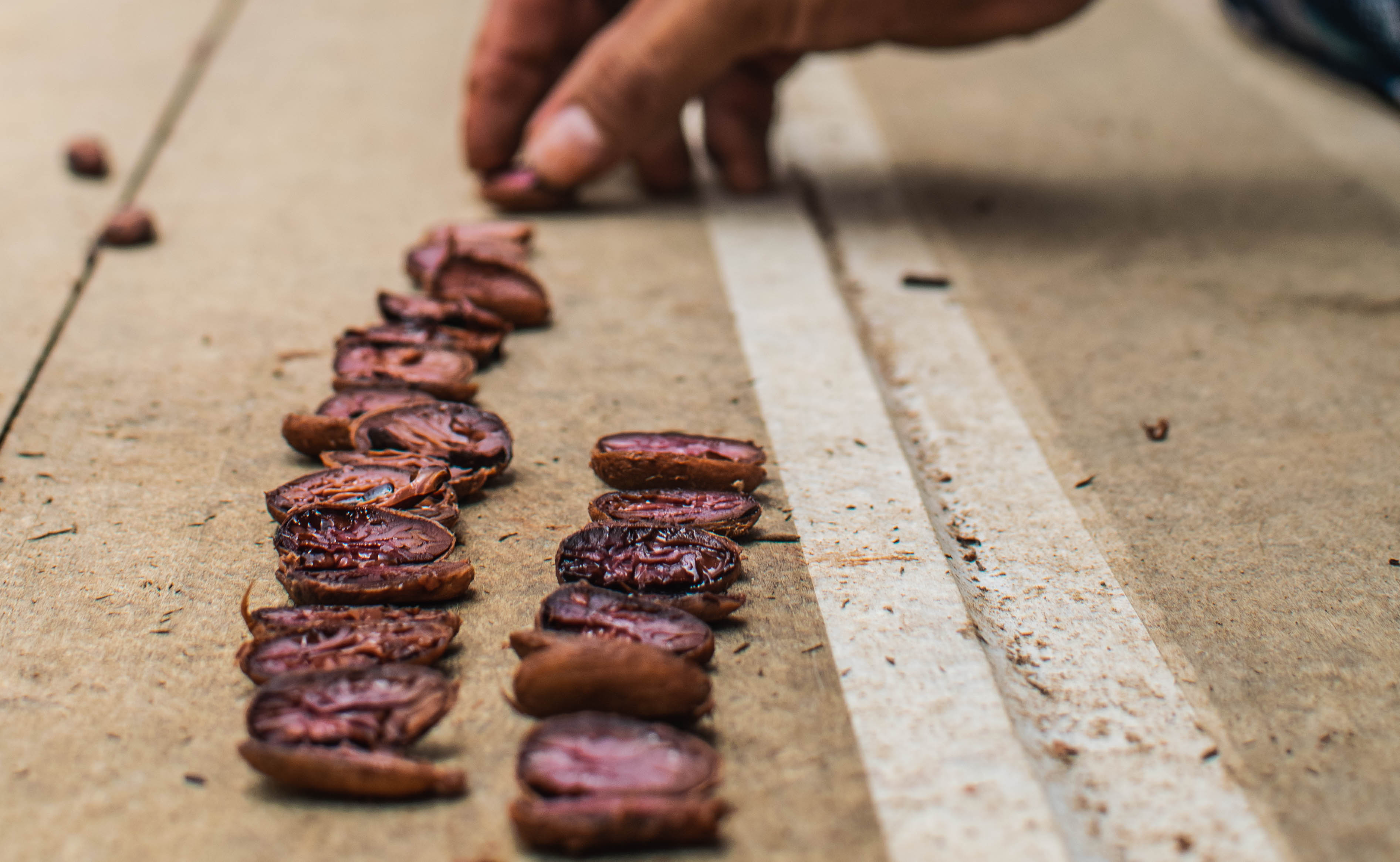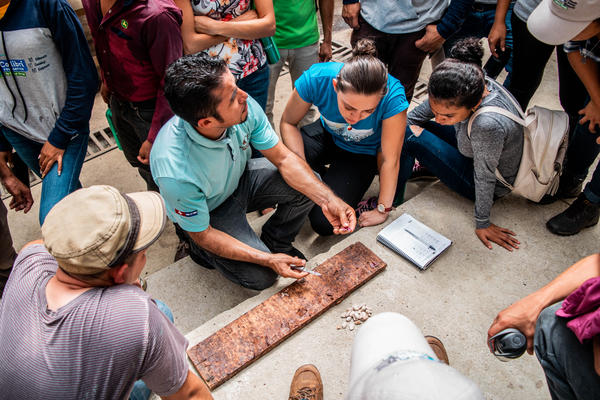‘Yes, Youth Can’: a positive impact for young cocoa farmers
The ‘Yes, Youth Can’ project launched in Nicaragua and Honduras in 2017 is gently coming to an end. The time has come to assess its impact. What benefits have the young cocoa farmers drawn from this educational programme? Find out the results of a project supported by the Collibri Foundation.
What was the project’s goal?
The project’s goal was to develop the knowledge and skills of young people in cocoa producers’ families in terms of modern cocoa production techniques, emphasising economically sustainable agroforestry systems. The training aimed to consolidate and supplement the experience they had accumulated in mangaging their cocoa plantations. Then, the young people who obtained the diploma could train other young people in their community in turn, thereby guaranteeing the project’s level of impact.
A difficult context
For these five years, the project had to adapt to the existing difficulties:
- a turbulent political environment as the Nicaraguan presidential elections approached in November 2021, obliging us to postpone ‘peer-to-peer’ workshops;
- a new wave of migration to the United States, linked to this politcal environment: some of the staff from the two cooperatives left the country and some students also migrated;
- the COVID-19 pandemic: the vaccination calendar and the time it took to obtain documents caused delays in the process authorising students to travel to Honduras.
Very encouraging results
The project planned to train 75 young people in cocoa farming in Nicaragua thanks to an educational programme lasting one monh in the CURLA and FHIA universities in Honduras. Despite the difficulties encountered, the project recorded great results - some of which exceeded expectations - having a positive impact on the young cocoa farmers’ development.

1. Professional prospects
The planned number of young participants in the month-long course on cocoa production was achieved. In this way, 74 young people obtained a diploma in ‘cocoa production within agroforestry systems’.
Furthermore, over 50% of the young people who followed the cocoa production programme became membres of their cooperative and 15% of the participants developed their own plantation. This must be partly attributed to an additional programme that encouraged the parents to pass on some of their land to their children, so that they could grow cocoa and become producers themselves.
“Thanks to the course, I was able to leave behind all my uncertainties
and I can now visit farmers and speak to them with confidence.”
Freddy Mareina
2. The acquisition of shared expertise and soft skills
25 young graduates shared their knowledge in ‘peer-to-peer’ workshops, which received 344 participants instead of the 225 expected.
These young people who have acquired knowledge in terms of innovative techniques and apply it are an example in their community’s eyes today, thereby encouraging other young people to take part in the project.
“More and more people are interested in cocoa;
the fact that I’ve built a storage and handling unit motivates other people to start their own plantation.”
Miguel Antonio Pineda
3. Access to a broader professional network
Thanks to their knowledge, the young people are able to provide technical support within their cooperative, namely La Campesina and Ríos de Agua Viva.
The young people’s professional development within the framework of the educational programme has therefore created a reserve of trained talent, enabling the cooperatives to recruit qualified staff and improve production. In this way, the training also has a positive impact on employability.
74
young graduates
32
of these young people (50%) have become cooperative members
15%
of them have started their own plantation
344
participants in ‘peer-to-peer’ workshops
70%
of the young people trained have remained active in the cocoa sector
Increase in cocoa production
18% for La Campesina
57% for Ríos de Agua Viva

A long-term impact
The most visible impact is mainly an increase in entrepreneurship, the spirit of citizenship and employability.
Furthermore, we also observe that the cocoa farmers benefit from greater social and economic activity, as cocoa is considered as an agricultural activity in its own right. Furthermore, the cooperatives’ productivity has increased to benefit rural economic development.
Finally, several young people have expressed their desire to remain in their country. The project has therefore helped reduce migration to cities and other countries.
“Working in cocoa production encourages me and other young people to remain in our region.
Why migrate if we can find a way to meet our needs and those of our families in our country?”
José Saul González
Based on this assessment, this project will be extended, to continue the initiative while improving it thanks to the lessons learned.
What did the project consist of specifically for young cocoa farmers in Nicaragua?
Learn about all the ins and outs of this project.
